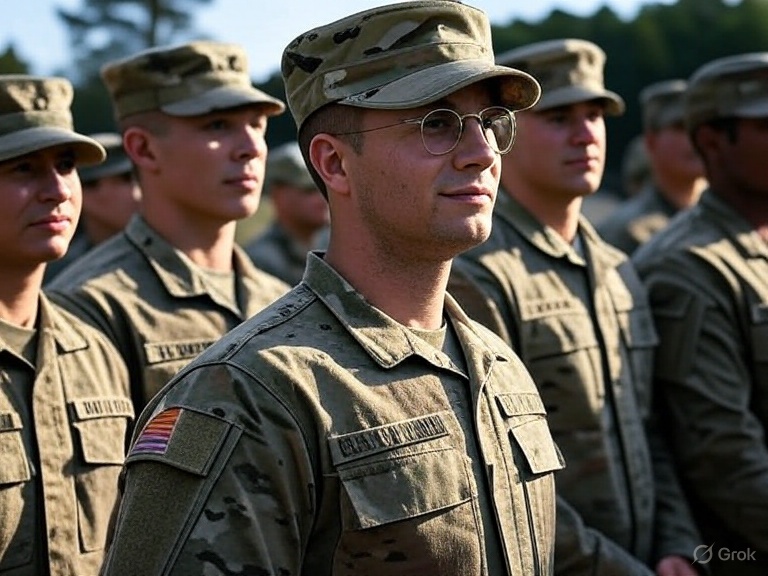Presidential Announcement Changes Course
Speaking live on Fox News Friday morning, Trump revealed the decision to redirect National Guard resources to Memphis, citing cooperation from local Democratic leadership there.
The announcement represents a dramatic pivot from previous statements targeting Chicago for federal military intervention, particularly amid ongoing ICE operations and concerns about urban violence.
Chicago Leaders Claim Victory
Chicago Mayor Brandon Johnson framed the decision as a direct result of coordinated local opposition to federal military presence in the city.
Johnson’s statement emphasized unified resistance from community leaders and elected officials across Chicago and Illinois:
The mayor continued to advocate for federal resources while rejecting military occupation, calling for “effective policing, violence prevention, and investing in communities” as alternatives to National Guard deployment.
Mixed Reactions from Chicago Officials
Not all Chicago leaders celebrated the decision. Alderman Ray Lopez (15th Ward), who previously supported National Guard deployment, expressed disappointment with Trump’s change of course.
Lopez argued that Guard presence would have allowed Chicago police to focus more effectively on street patrols:
The alderman characterized opposition to military deployment as misguided, stating, “There is a fringe group in this city who says we do not want a militarized zone. Wake up, people, because you are already in a warzone.”
Federal and State Leadership Responds
Senator Dick Durbin expressed skepticism about the administration’s military deployment strategy during a meeting with community violence intervention groups Friday.
Durbin characterized the shifting targets as inconsistent policy-making:
Illinois Governor JB Pritzker’s office issued a sharp rebuke of the broader military deployment strategy, calling it “disturbing” and characterizing the use of uniformed personnel as “political props.”
Memphis Leadership Reluctantly Accepts
Unlike Chicago’s resistance, Memphis Mayor Paul Young acknowledged the federal decision while expressing his own reservations about National Guard presence.
Young committed to working with federal authorities despite not requesting military assistance:
Community Organizations Advocate for Alternatives
Chicago community leaders continue advocating for investment in violence prevention programs rather than military intervention, arguing that existing peacekeeping efforts show promise.
Matt DeMateo, CEO of New Life Center, emphasized community-based solutions:
Context of Federal Urban Interventions
The National Guard deployment decision occurs amid broader federal law enforcement operations in major cities, including ongoing ICE activities in Chicago that have drawn significant local opposition.
Trump’s comments about potentially sending “the military” if necessary suggest the administration may expand beyond National Guard deployment depending on local conditions and cooperation.
Timeline and Implementation Questions
Key details about the Memphis deployment remain unclear:
- Specific timeline for National Guard arrival
- Size and scope of military force
- Duration of deployment
- Coordination with local law enforcement
- Rules of engagement and operational parameters
Political Implications
The shift from Chicago to Memphis highlights several political dynamics:
- Local Resistance: Coordinated opposition in Chicago appeared to influence federal decision-making
- Cooperative vs. Confrontational: Memphis leadership’s acceptance versus Chicago’s resistance may have shaped deployment strategy
- Political Theater: Critics argue the changing targets reflect political considerations rather than security needs
Looking Ahead
While Chicago appears to have avoided National Guard deployment for now, the administration’s broader approach to urban intervention continues evolving. Trump’s stated preference for Chicago suggests the city could face renewed federal pressure in the future.
The Memphis deployment will likely serve as a test case for military intervention in American cities, with outcomes potentially influencing future federal urban policy decisions.
Community organizations in both cities continue advocating for investment in social programs and violence prevention as alternatives to military solutions for urban challenges.
sources:
https://www.axios.com/2025/09/12/trump-chicago-national-guard-pritzker-crime-memphis


